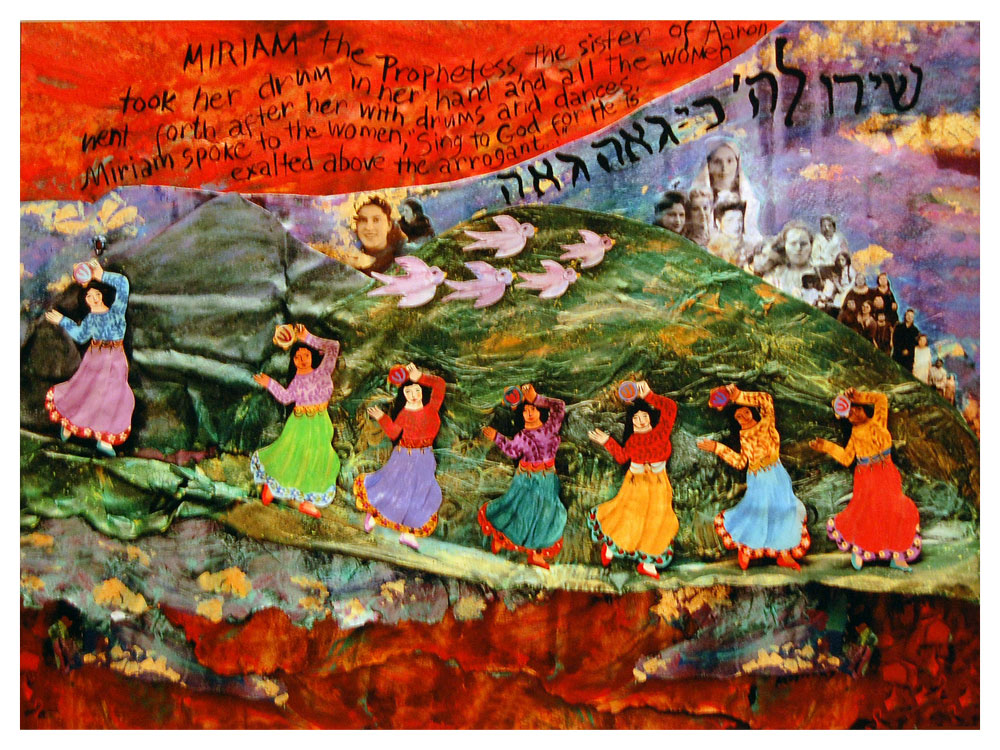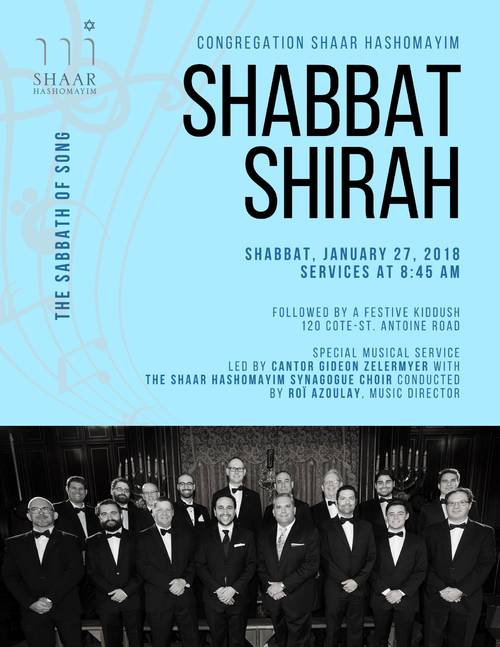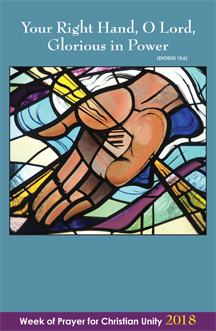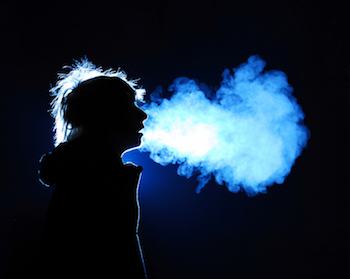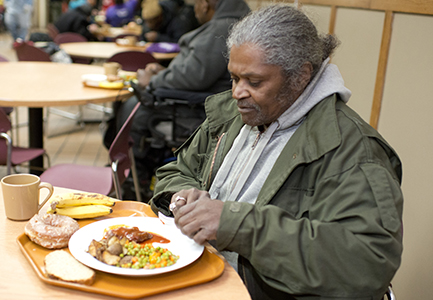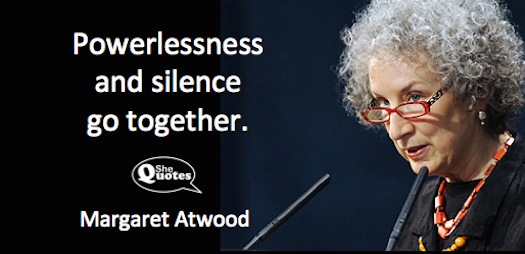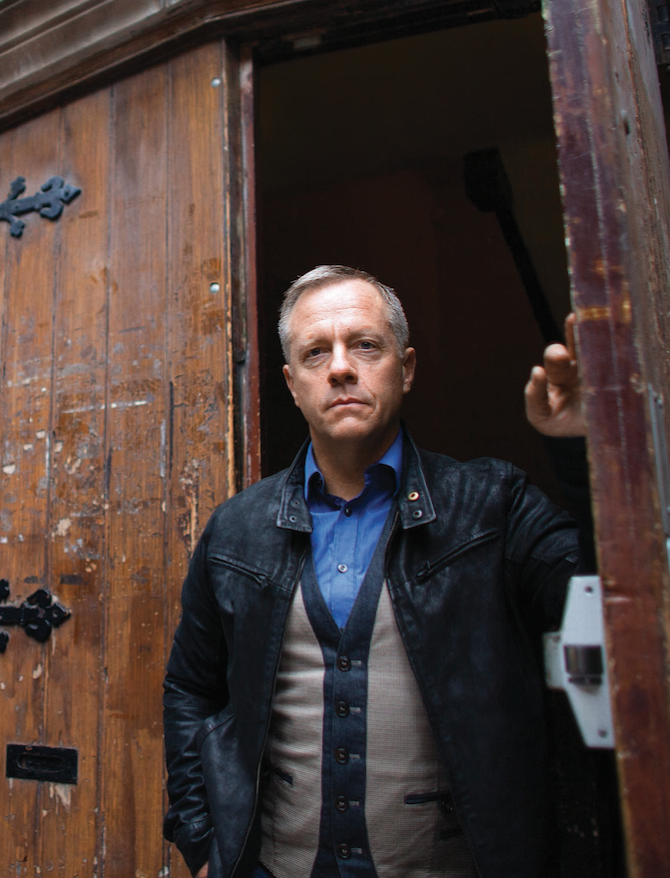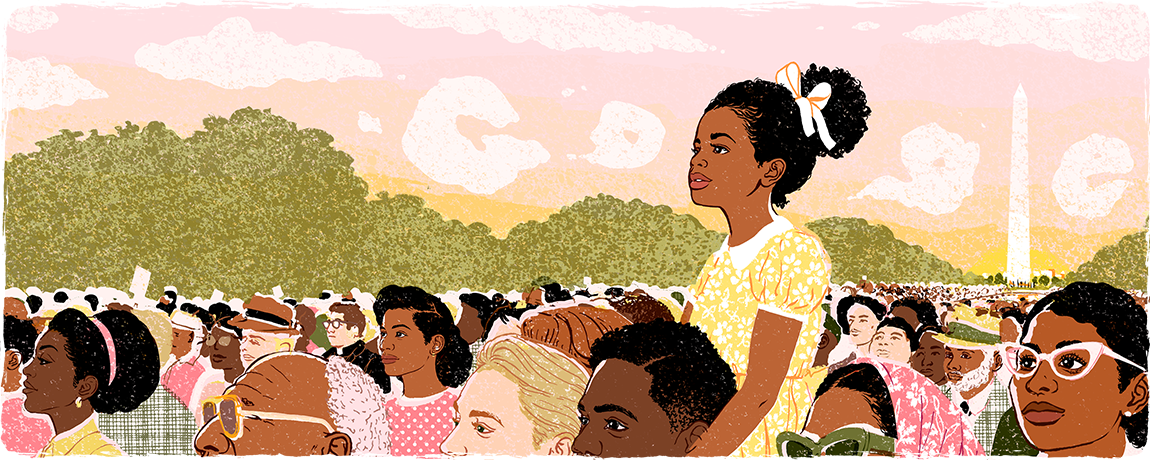 MLK. It is remarkable that even though the Rev. Dr. Martin Luther King Jr. was an American from another era people around the world, including Canada, can immediately make the connection with those initials. Today is a holiday in the United States, one which came into being in the Reagan era of the 80's to acknowledge the importance of Dr. King to the Civil Rights movement despite his untimely death. King had an extraordinary commitment to nonviolent change and was recognized with the Nobel Prize for Peace during his lifetime. Just the same he was physically attacked, jailed, undermined by the FBI, and eventually shot and killed at the age of 39. He left behind his wife Coretta and their young children.
MLK. It is remarkable that even though the Rev. Dr. Martin Luther King Jr. was an American from another era people around the world, including Canada, can immediately make the connection with those initials. Today is a holiday in the United States, one which came into being in the Reagan era of the 80's to acknowledge the importance of Dr. King to the Civil Rights movement despite his untimely death. King had an extraordinary commitment to nonviolent change and was recognized with the Nobel Prize for Peace during his lifetime. Just the same he was physically attacked, jailed, undermined by the FBI, and eventually shot and killed at the age of 39. He left behind his wife Coretta and their young children.
 There are many "what if's" related to King because of his untimely death. Would he have become an elder statesman of the movement toward equality? King was increasingly vocal about the war in Vietnam around the time of his death. Where would that have taken him?
King was also in preliminary conversations with Malcolm X, another charismatic black leader whose trajectory for change was very different. Malcolm X aligned himself with the Nation of Islam for years and distanced himself from the "slave religion" of Christianity. He eventually left the Nation of Islam but remained dubious, to say the least, about the nonviolent approach of King's movement. King was open in stating that he did not share Malcolm's militant values, even though he didn't see him as an adversary. Malcolm X taunted King on occasion, calling him a 20th century Uncle Tom, a stinging criticism. They met once, unplanned, and for a total of about a minute, crossing paths at a Senate hearing on the Civil Rights Act
There are many "what if's" related to King because of his untimely death. Would he have become an elder statesman of the movement toward equality? King was increasingly vocal about the war in Vietnam around the time of his death. Where would that have taken him?
King was also in preliminary conversations with Malcolm X, another charismatic black leader whose trajectory for change was very different. Malcolm X aligned himself with the Nation of Islam for years and distanced himself from the "slave religion" of Christianity. He eventually left the Nation of Islam but remained dubious, to say the least, about the nonviolent approach of King's movement. King was open in stating that he did not share Malcolm's militant values, even though he didn't see him as an adversary. Malcolm X taunted King on occasion, calling him a 20th century Uncle Tom, a stinging criticism. They met once, unplanned, and for a total of about a minute, crossing paths at a Senate hearing on the Civil Rights Act

Not long after this chance encounter Malcolm X wrote to King seeking a meeting, opening the letter with the formal greeting “Dear Sir”:
“The present racial crisis in this country carries within it powerful destructive ingredients that may soon erupt into an uncontrollable explosion.The seriousness of this situation demands that immediate steps must be taken to solve this crucial problem, by those who have genuine concern before the racial powder keg explodes. A United Front involving all Negro factions, elements and their leaders is absolutely necessary.”
The meeting never occurred and Malcolm was critical of the subsequent March on Washington pictured above in today's Google Doodle, a remarkable gathering of a quarter million during which King offered his famous I Have a Dream speech. Malcolm X was murdered in 1965, three years before King.
What might have unfolded if the men had met and come to some sort of understanding? What if both had lived to provide leadership through subsequent decades?
Thoughts?



